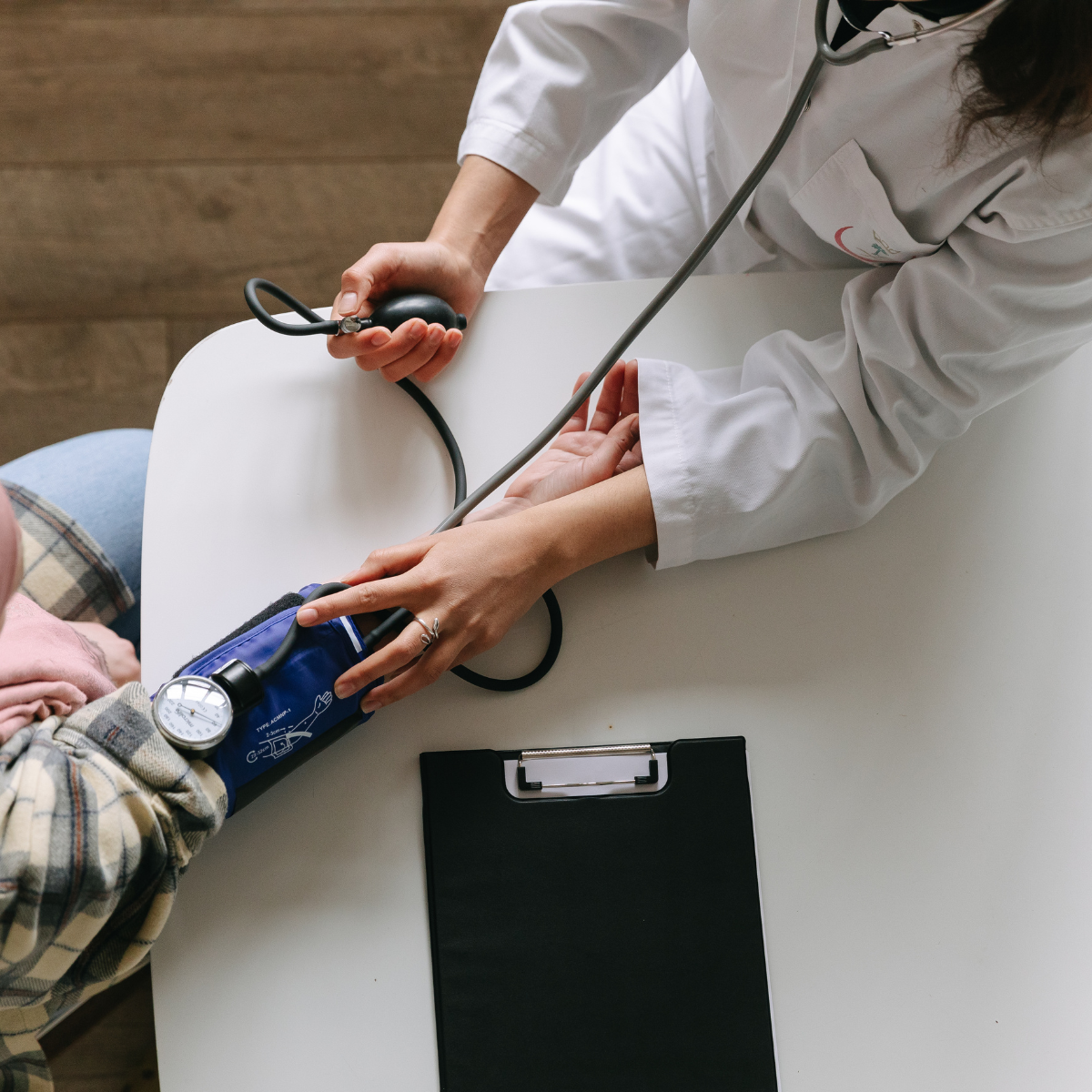Category: Cancer
-

Recovery After Cancer Treatment: How to Return to Normal Life
The journey through cancer treatment is long, challenging, and physically demanding. While the end of treatment often marks a victorious milestone, recovery can be just as difficult as the treatment itself. Returning to a normal life after cancer treatment involves more than just physical healing—it requires mental and emotional recovery as well.
-

The Role of Loved Ones in the Cancer Battle Journey
A cancer diagnosis is a life-changing event, not just for the patient but for their family and loved ones as well. The emotional, physical, and mental challenges that come with battling cancer can often feel overwhelming. During this difficult time, loved ones play an irreplaceable role in providing support, care, and encouragement.
-

10 Tips for Emotional Care for Cancer Patients and Their Families
Cancer is not just a physical battle; it can take a significant emotional toll on patients and their families. Coping with the diagnosis, treatments, and the uncertainties of the future can be overwhelming. Both cancer patients and their loved ones face emotional challenges that can affect their mental and physical well-being.
-

Nutrition Tips for Cancer Patients: What You Need to Know
Maintaining proper nutrition during cancer treatment is essential for improving overall health, supporting the immune system, and managing the side effects of treatment. Cancer patients often experience changes in appetite, nausea, and fatigue, making it difficult to eat well. However, consuming the right nutrients can help boost energy, support recovery, and improve quality of life.…
-

Side Effects of Cancer Treatment and How to Manage Them Effectively
Cancer treatment, while essential for improving survival rates and helping patients recover, often comes with a range of side effects. These side effects can vary depending on the type of treatment, the patient’s individual health, and the specific cancer being treated. Chemotherapy, radiation therapy, and immunotherapy are some of the most common treatment methods used…
-

Can Cancer Be Cured? Expert Insights on Prognosis and Hope
Cancer remains one of the most challenging health conditions worldwide, with millions of people diagnosed every year. As advancements in science and medicine continue, the question of whether cancer can be cured is one that many patients and their families are eager to answer. While there have been significant strides in cancer treatment, the answer…
-

Chemotherapy, Radiation, and Immunotherapy: Which is Right for You?
When it comes to cancer treatment, patients are often presented with several options, each designed to target and destroy cancer cells in different ways. The three most common forms of treatment are chemotherapy, radiation therapy, and immunotherapy. Understanding how these treatments work and which one might be the best for your specific condition can be…
-

Latest Advances in Cancer Treatment Methods
Cancer treatment has come a long way in recent years, with continuous innovations that have led to more effective and personalized therapies. The fight against cancer is no longer just about traditional methods like surgery, chemotherapy, and radiation therapy. Today, numerous advanced treatments are offering hope for patients, including immunotherapy, gene therapy, and targeted therapies.
-

Regular Cancer Screening: When to Get It and Why It Matters
Cancer is one of the leading causes of death worldwide, but when detected early, it is often treatable and even curable. Regular cancer screening is an essential part of early detection and plays a critical role in improving survival rates. Screening tests are designed to detect cancer before symptoms appear, giving patients the opportunity to…
-

Cancer and Genetics: What You Need to Know to Protect Your Family
Cancer is a complex and often unpredictable disease, but the role of genetics in its development cannot be underestimated. While many factors contribute to the onset of cancer, including environmental influences and lifestyle choices, genetics also play a crucial role.